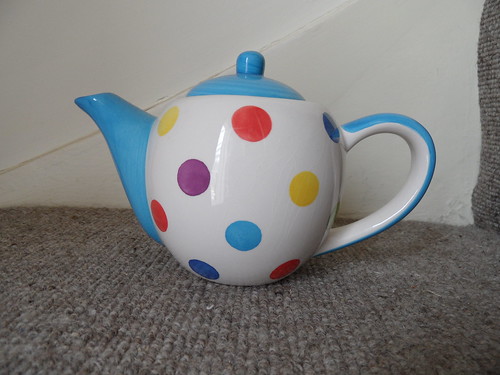Should you buy or should you sell? If you are new to the stock market and watch the Suze Orman Show, you may be confused by financial terms and so-called indicators that give stock traders a tip on whether they should buy, sell or hold.
The wisest strategy for making money in the stock market is to buy and hold for the long term, investing more money each month to accumulate more shares just as Suze Orman and Dave Ramsey advise.
Here's a quick lesson on the basic stock indicators that you will want to understand as a money mom hoping to make money in the stock market! Remember don't listen to your friend's great stock market tips. You'll just end up resenting them if you lose your money. You won't hear Dave Ramsey or Suze Orman recommending a particular stock because they are smart enough to know that causes trouble!
No. 1: Indicator that will tip you off on whether you should buy or sell a stock: Insider buys/sells. Sometimes you can tell if a company is headed for trouble if insiders start dumping. As an example, both WorldCom and Enron had a lot of insider selling before the scandal broke.
No. 2: Indicator that will tip you off on whether you should buy or sell a stock: Short interest. This indicator reveals how much stock has been sold short which means people bought in expectation that the price of the stock would fall. The term "short squeeze" refers to the phenomena when the stock starts rising and these people who sold short now have to frantically buy the stock to cover their positions.
No. 3: Indicator that will tip you off on whether you should buy or sell a stock: Economic indicators. Every week there are economic indicators that affect the ups and downs of the stock market. Whether it's a report on unemployment, the consumer price index, consumer confidence or information about the new home market, this data will give you insight as you buy and sell stocks.
No. 4: Indicator that will tip you off on whether you should buy or sell a stock: Price/earnings or P/E ratio. In a nutshell, the P/E ratio is what tells you how expensive or inexpensive a stock is. The higher the P/E the more traders are willing to pay for each dollar of company annual earnings.
No. 5: Indicator that will tip you off on whether you should buy or sell a stock: Dividends. The dividends are the portion of the profits that a company dolls out to its shareholders. If a company temporarily suspends dividends, the shareholders will not be receiving dividend payments every quarter or however often. Dividends can also be re-invested to purchase more shares or fractional shares in the company.
Should you buy or sell based on these various indicators? Not always.
Sometimes you need to be a "contrarian" investor and do the opposite of what other investors are doing in order to make money in the stock market. In other words, if people start dumping shares in a great company just because they aren't offering dividends right now, you may be able to get the stock at a cheaper price.
Likewise, if a company shoots up in value because insiders bought a lot of shares, you may be wise to wait if you find out after everyone else has already pumped up the stock to its highest level in years.
Use your financial intuition and you will know when to buy, sell and hold stocks.
stock promoters

No comments:
Post a Comment